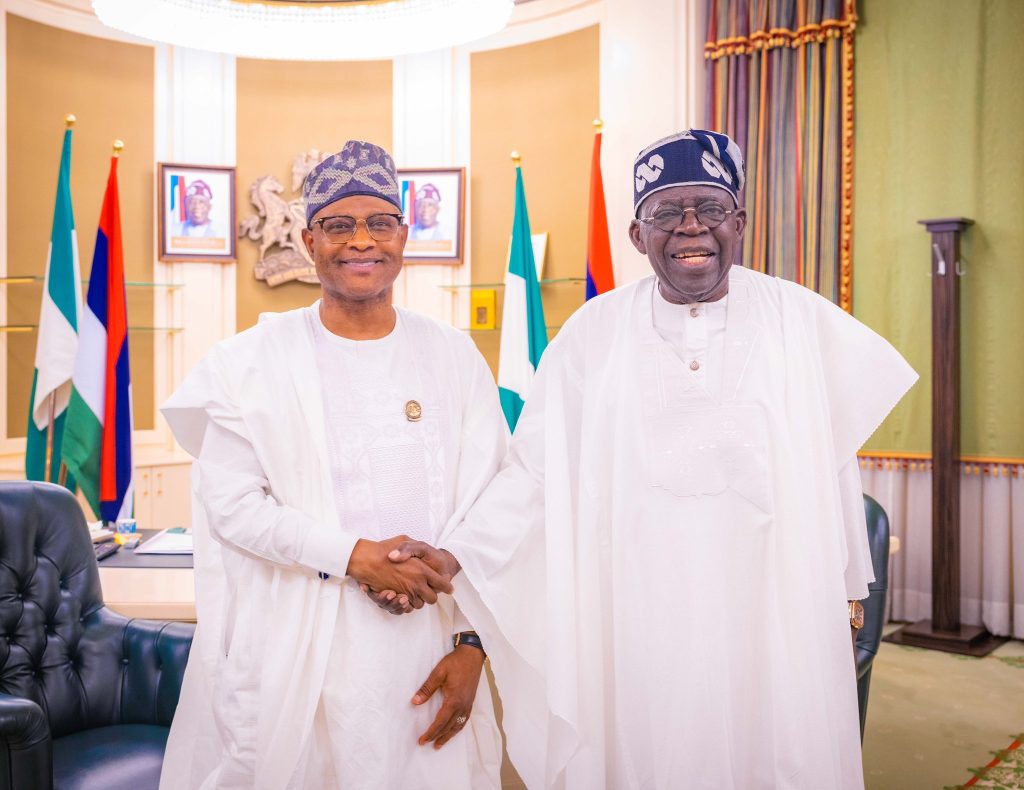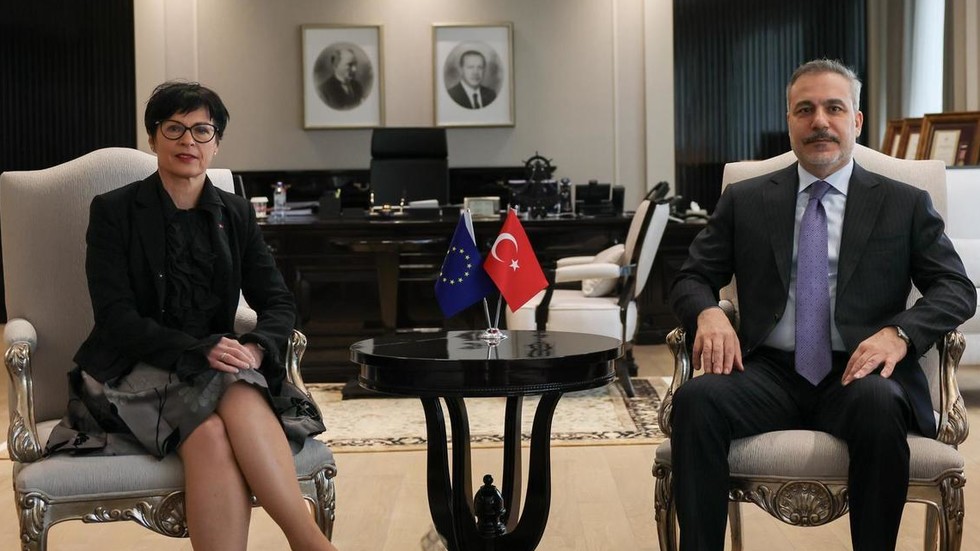Nigerian authorities have firmly rejected assertions that the nation is teetering toward collapse, dismissing such claims as hyperbolic and disconnected from on-the-ground realities. In a sharply worded rebuttal on Thursday, Sunday Dare, Special Adviser to President Bola Tinubu on Media and Public Communications, criticized a recent editorial by Vanguard News titled “Nigeria is Collapsing under Tinubu’s Watch,” accusing it of distorting economic conditions and exacerbating public anxiety.
While conceding that Nigeria faces significant economic headwinds, Dare argued the challenges are being overstated. He specifically contested the editorial’s citation of a Cadre Harmonisé report—a regional framework for assessing food security—which projected that 33 million Nigerians could face acute hunger. “This figure remains a forecast, not an established fact,” Dare emphasized, urging critics to avoid “fear-mongering” and instead engage with verifiable data.
The presidential aide condemned what he termed “alarmist journalism,” asserting that the editorial ignored government initiatives to mitigate hardship. He highlighted measures such as the release of grain reserves to stabilize food prices, expanded agricultural support programs, and targeted cash transfers to vulnerable households. On macroeconomic reforms, Dare pointed to recent gains in the naira’s exchange rate against the dollar and pledged that broader tax and social policy overhauls would yield more tangible results by 2026.
The pushback comes amid rising public frustration over inflation, which reached 33.95% in May, and a cost-of-living crisis exacerbated by the removal of fuel subsidies last year. While the government has framed these reforms as necessary for long-term stability, critics argue the pace of relief has been insufficient for millions grappling with soaring food and transportation costs.
Dare’s statement underscored the administration’s stance that constructive criticism should align with factual rigor. “Accountability is vital, but narratives must reflect reality,” he said, adding that the administration remains committed to “transparent communication” about both progress and ongoing struggles. The remarks signal an effort to recalibrate public discourse around Nigeria’s economic trajectory, even as debates persist over the effectiveness of current policies.
International observers have noted incremental improvements in Nigeria’s foreign exchange liquidity and investor sentiment, though concerns linger about structural bottlenecks and security challenges affecting agricultural output. With the government’s policy reforms still in their early stages, the coming months are likely to prove critical in determining whether these efforts can translate into measurable relief for ordinary citizens.



